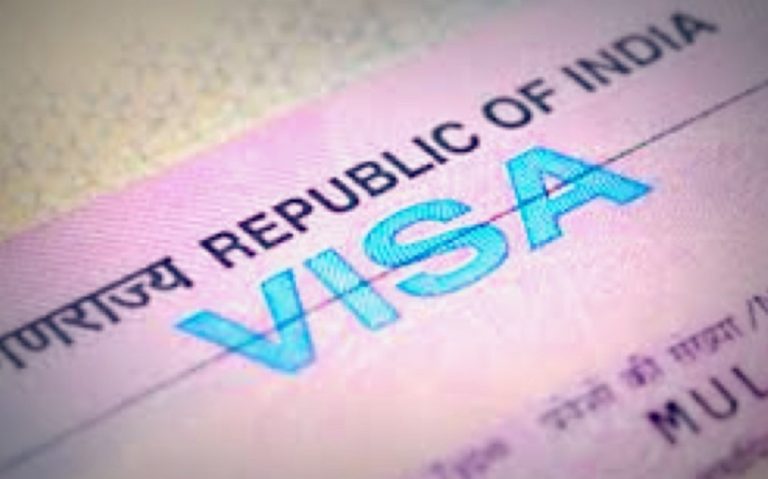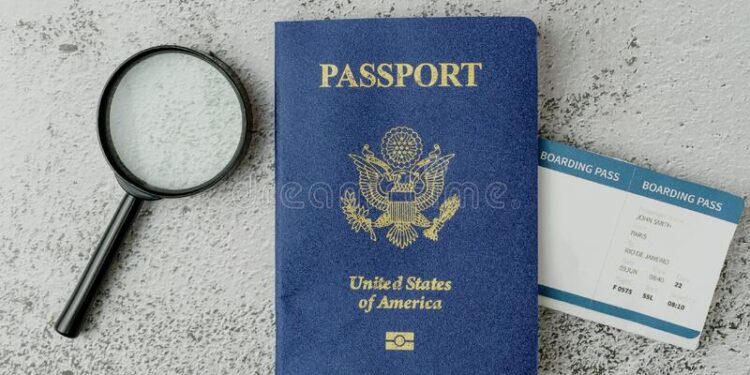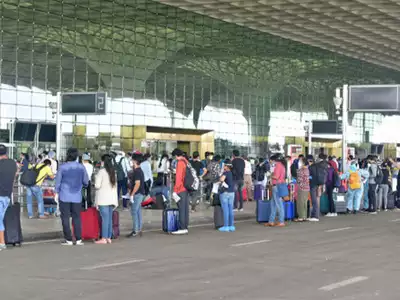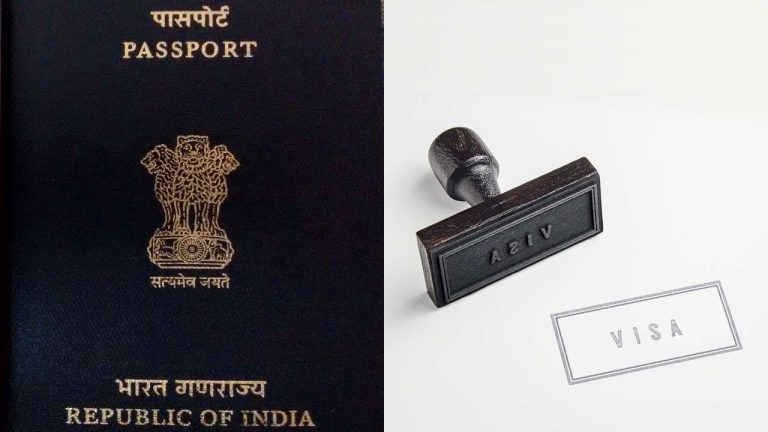Turkey: What You Need To Know Before Visiting
When you are planning to visit Turkey, make sure to read this article for the latest information on visas and passport requirements. You need to know the basics before booking your flights, and visa requirements can change at any time.
What is a Turkey Visa?
If you are planning a trip to Turkey, there are a few things you need to know before traveling. The country is located in the Middle East and Southeast Europe, and is bordered by Armenia, Syria, and Iraq.Turkey has a population of over 80 million people and is home to different cultures as well as languages. The main religions in Turkey are Islam and Christianity.The currency in Turkey is the Turkish Lira (TL). When traveling to Turkey, it is important to be aware of the climate; the country experiences hot summers and cold winters. Make sure you pack your clothes for both seasons!Visas are not required for citizens of most countries to visit Turkey for up to 90 days without a visa. Citizens of Albania, Andorra, Austria, Belarus, Bosnia-Herzegovina, Bulgaria, Croatia, Cyprus*, Czech Republic*, Denmark*, Estonia*, Finland*, France*, Germany*, Greece* Hungary*, Iceland*, Ireland* Italy*, Latvia*, Liechtenstein* Lithuania*, Luxembourg* Macedonia** Moldova** Monaco Montenegro* Netherlands Norway*** Poland Portugal Romania Serbia Slovakia Slovenia Spain Sweden Switzerland Ukraine United Kingdom (UK) *Subject to limited validity **Not valid for tourism purposes ***Valid for stays up to 90 days. Turkey Visa for Bermudian Citizens
How to get a Turkey Visa?
If you’re interested in traveling to Turkey, it’s important to know what’s required in order to get a visa. Here are the basics:
-You need a passport which is valid for at least six months after your planned departure from Turkey.
-You must have proof of your financial stability, such as a bank statement or an employment contract.
-You must also have a return ticket.
-Applicants over the age of 18 must have a valid passport photo.
All of these requirements should be met before you make your application for a Turkish visa, as some embassies require additional documentation. If all goes smoothly, you’ll be issued a visa that allows you to enter Turkey and stay for up to 90 days.
What To Bring With You When You Go on your Turkey Trip
There’s no need to lug around a lot of unnecessary baggage when you travel to Turkey. In fact, packing light is one of the best ways to enjoy your trip. Here are a few tips for packing for your turkey trip:
- Bring only necessary items with you. This means packing as lightly as possible and not bringing along any bulky or heavy items that you won’t need. This includes anything that can’t be easily stored in your luggage, like bulky winter clothing or electronics. Turkey Visa for Dominica Citizens
- Limit the number of trips you make between airports and hotels. By staying close to where you’re staying, you’ll avoid having to lug your luggage around on multiple trips. Plus, this will help save on taxi fares.
- Pack sunscreen and insect repellent if travelling during summer months in Turkey. Temperatures can reach up to 40 degrees Celsius (104 degrees Fahrenheit), so make sure to pack appropriate attire and supplies if visiting popular tourist destinations like Istanbul or Bodrum.
- Choose comfortable footwear that can be easily dressed up or down should you decide to venture out into local markets or villages during your stay in Turkey. Flip-flops and sandals don’t cut it!
What To Do If You Encounter Problems On Your Trip
If you experience any problems while traveling to Turkey, here are a few things to keep in mind:
- Get in touch with the embassy or consulate of your home country in Ankara or Istanbul. They can advise you on what to do if you’re arrested, lost your passport, or have other emergencies.
- If you’re experiencing harassment or any other type of discrimination, please reach out to the local embassy or consulate for support. They will be able to provide information on how to file a complaint and/or provide resources for protection.
- Make sure you are up-to-date on all your travel documentation, including your visa and passport. If something goes wrong and you don’t have your documents, be prepared to encounter some difficulties when trying to get back home.
- Be aware of scams targeting tourists in Turkey. There have been reports of scammers posing as police officers, taxi drivers, hotel employees, or tour operators in order to steal your money. Be careful about giving anyone unauthorized access to your personal information, especially if they seem too eager to help you out.





![How To Apply For A Canadian Visa Online [Complete Guide]](https://www.universemagazines.com/wp-content/uploads/2022/12/canada-visa-processing-time-after-biometrics-696x311-1.webp)
